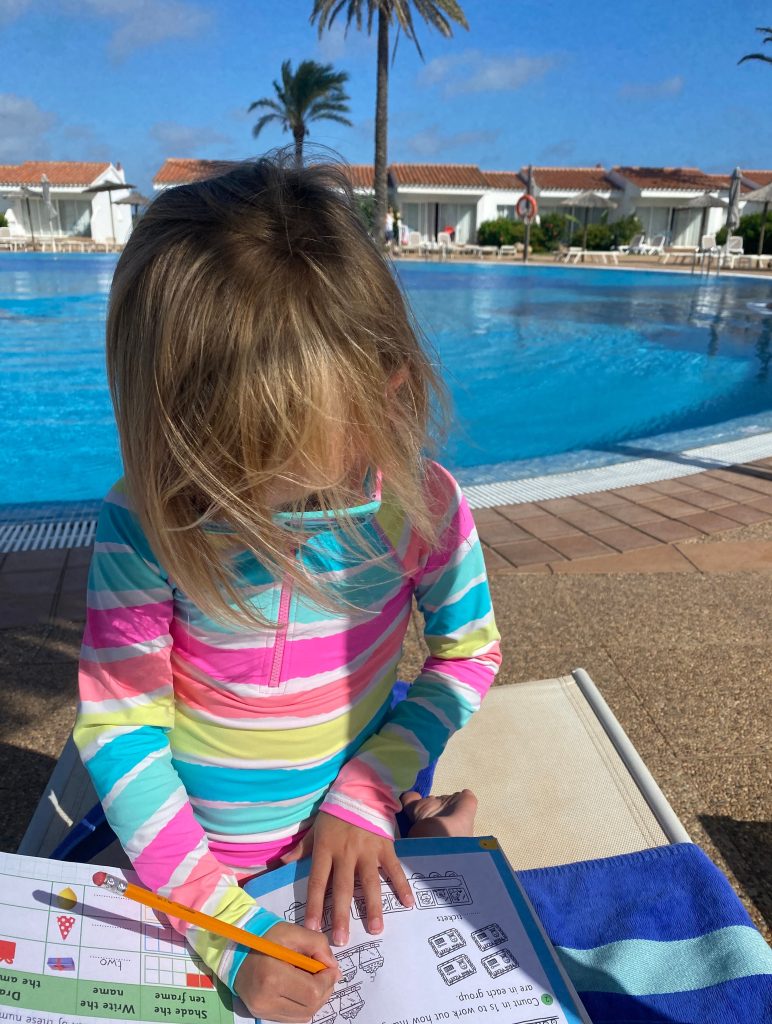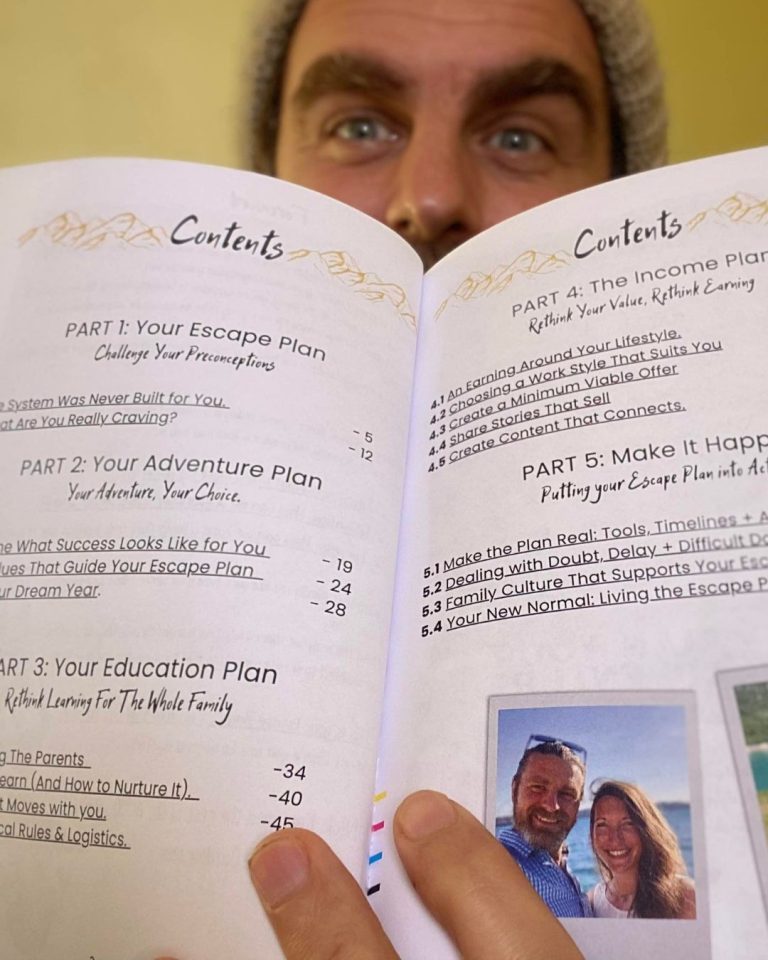Worldschooling is a growing movement among families who believe education doesn’t have to happen inside a classroom—and that the world can be the best teacher. Whether you dream of slow travel, full-time adventures, or integrating global learning into holidays, worldschooling offers a flexible and enriching way to raise curious, culturally aware children.
But what does worldschooling look like?
There’s no one-size-fits-all approach. In fact, there are at least five popular ways families are worldschooling today. You might choose one path or blend several depending on your values, your children’s needs, and your travel style.
Let’s dive into the five main ways to worldschool:
1. Join an International School

Ideal for: Families staying longer in one place, or those wanting structured academics with social opportunities.
International schools offer a familiar education structure in an unfamiliar setting. Many follow the International Baccalaureate (IB) curriculum or a national system like British or American standards, and students often come from all over the world.
This option gives children the chance to integrate into a multicultural school environment while maintaining academic consistency, and it provides parents with a bit more routine.
Pros:
- Academic structure and qualified teachers
- Peer community and extracurriculars
- Great for older kids needing formal qualifications
Things to consider:
- Costs can be high
- Less flexibility than other options
2. Online Learning and Tutoring

Ideal for: Families who want flexibility but still value academic progress.
From fully online schools to flexible subject-based platforms, online learning opens the door to consistency while on the road. You can choose pre-recorded lessons, live virtual classes, or hire tutors for tailored support.
This option works especially well for families who travel often but want to stay on track with a particular curriculum.
Pros:
- Learn anywhere with Wi-Fi
- Choose your pace and curriculum
- Access to expert instruction in specific subjects
Things to consider:
- Screen time balance
- Requires good time management and motivation
Explore Learning is an award-winning, UK-based tutoring company offering online and in-centre tuition to children aged 4-16 years old.
Explore Learning provides a tailor-made curriculum for every child, whether learning in a group setting or one-to-one, children are free to work at a pace that is unique to their needs.
3. Unschooling – Learn as You Go

Ideal for: Families who believe learning happens naturally through life.
Unschooling is a philosophy that values child-led learning, where curiosity is the curriculum. Rather than following structured lessons, kids learn through experiences, questions, exploration, and everyday encounters.
Travel offers the perfect backdrop for this: from learning about history at ruins in Rome to discovering marine biology while snorkelling in Thailand.
Pros:
- Freedom and creativity
- Deep engagement with real-world experiences
- Fosters independence and critical thinking
Things to consider:
- It can feel uncomfortable for parents used to traditional schooling
- Requires trust and flexibility
4. Intentional Learning Projects

Ideal for: Families who like structure within the adventure.
Intentional learning means leaning into where you are and creating educational opportunities from your environment. This might include:
- Tracking expenses in different currencies
- Comparing languages and scripts
- Learning about local history, food, or geography
- Creating travel journals or video blogs
It’s project-based, immersive, and adaptable.
Pros:
- Deepen connections to the places you visit
- Learn through doing
- Great balance between freedom and structure
Things to consider:
- Requires planning and creativity
- Parental involvement is often needed to guide and support
5. Join Worldschooling Hubs and Communities

Ideal for: Families seeking social connection and community while on the move.
Worldschooling hubs are places around the world where travelling families gather—sometimes seasonally, sometimes year-round. These hubs offer meetups, shared activities, co-learning opportunities, and sometimes pop-up schools or classes.
Popular hubs include places like Mexico, Portugal, Thailand, and Bali.
Pros:
- Built-in community and social life
- Shared resources and events
- Kids (and parents!) make lasting friendships
Things to consider:
- May require planning to align travel with hub meetups
Not all hubs offer the same level of organisation or support
Final Thoughts: Mix, Match, and Make It Your Own
The beauty of worldschooling is that it’s yours to shape. You might begin with online learning, then discover your child thrives with unschooling. Or you might stay in one spot longer than expected and try out a local international school. Many families weave together different methods depending on their child’s age, interests, and family rhythm.
Ultimately, worldschooling isn’t about ticking off countries—it’s about raising globally minded kids who are adaptable, curious, and engaged in the world around them.
Wherever you go, there’s always something to learn.
Resources to get you started:










 Adventure – Your style. Your pace.
Adventure – Your style. Your pace. Income – Earn your way, from anywhere.
Income – Earn your way, from anywhere. Education – A learning path that fits your family.
Education – A learning path that fits your family. Action -Make it happen
Action -Make it happen